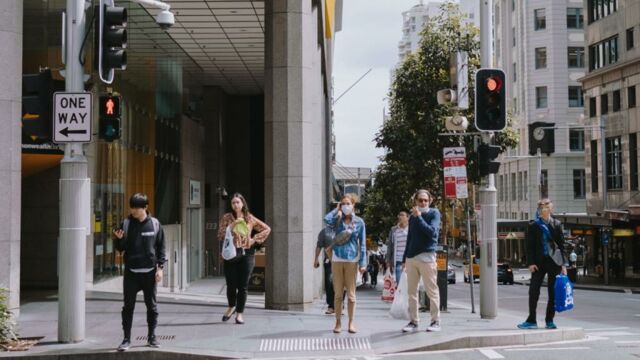COVID: Risk of death higher in people with this key gene, study finds

Some individuals may naturally have more chances of getting severe reactions upon COVID infection, and it may be down to your genes.
Scientists from Oxford University have made a groundbreaking advancement when it comes to understanding the complexities of the coronavirus. Their study found that people who have the LZTFL1 geneare more likely to have severe and even fatal forms of infection.
Discover our latest podcast
High-risk communities
Over the course of the pandemic, researchers have observed a startling pattern in which people with South Asian origins have had a worse survival rate with COVID infection, as compared to people who have Caucasian ancestry. Even after taking into account different factors, including their highly dense populations, figures showed that there was an excess number of COVID deaths in these communities.
More under this adMore under this adDr. Raghib Ali from Cambridge University believes that the Oxford’s study may indicate why this is the case. He said:
Although the higher death rate we have seen in ethnic minorities is primarily due to their higher risk of infection, which is driven by their higher likelihood of living in densely-populated urban areas, in larger and multi-generational households and to work in public-facing roles, there has been an unexplained residual excess risk in South Asians even after taking these risk factors into account.
Other studies from Public Health England, ISARIC and ICNARC have also shown that South Asians, and Bangladeshis in particular, – but not black groups – have worse survival than whites.More under this adMore under this ad
This study shows that this may be due to them being more likely to carry this gene which increases their risk of death once infected.
Faulty gene
Their findings, published in journal Nature Genetics, revealed that 60% of people who have South Asian heritage have the LZTFL1 gene—a gene that inhibits cells in the airways and lungs from protecting themselves against COVID infection. At the moment, there is very little known about this gene but scientists believe the identification will mean that more individuals with the LZTFL1 gene will benefit from vaccination. Professor James Davies, lead scientist of the study, said:
More under this adMore under this adAlthough we cannot change our genetics, our results show that the people with the higher risk gene are likely to particularly benefit from vaccination.
Since the genetic signal affects the lung rather than the immune system it means that the increased risk should be cancelled out by the vaccine.More under this adMore under this ad
As outlined by the BBC, the high-risk gene is present in 15% of the population with European descent, 2% with African-Caribbean, and 1.8% who have East Asian origins.